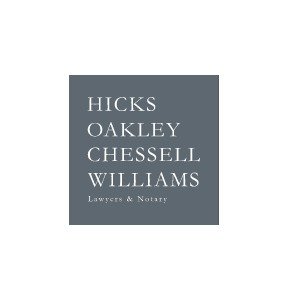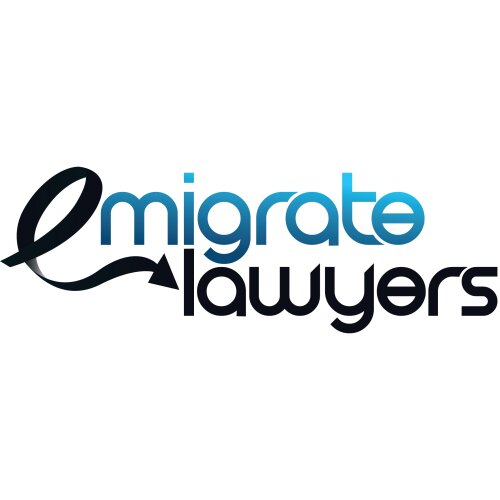Best Probate Lawyers in Melbourne
Share your needs with us, get contacted by law firms.
Free. Takes 2 min.
List of the best lawyers in Melbourne, Australia
About Probate Law in Melbourne, Australia
Probate law in Melbourne, Australia, governs the administration of a deceased person's will or the estate of an individual who died without a will. This process involves verifying the validity of the will, assessing and accounting for the deceased's assets, paying off debts and taxes, and distributing the remaining property to the beneficiaries.
Why You May Need a Lawyer
Engaging a lawyer can be beneficial in various situations in probate, such as:
1) When the will is contested, a lawyer can represent your interests in court.
2) If the estate contains complex assets, such as businesses or investments, a lawyer can ensure these are handled correctly.
3) In cases where taxes or debts of the deceased are heavy, a lawyer can help to navigate the payment process to minimize liability.
4) If there's conflict among family members or beneficiaries regarding the will or the estate, a lawyer can mediate the dispute and ensure a fair distribution process.
Local Laws Overview
The process and laws of administering probate in Melbourne, Australia, fall under the Administration and Probate Act 1958. An executor named in the will is usually responsible to handle the deceased estate affairs. If there's no will, the Supreme Court will appoint an administrator. The executor or administrator will need to obtain a Grant of Probate or Letters of Administration respectively from the Supreme Court to administrate the estate legally.
Frequently Asked Questions
Question 1: What if there is no will?
If the deceased dies without a will, also known as intestacy, the estate is distributed according to the rules set out in the Administration and Probate Act.
Question 2: How long does the probate process take?
Typically, it might take 6-12 months to finalize a straightforward probate estate. However, if there are disputes, tax issues, or complex assets, it could extend beyond this period.
Question 3: Can I manage the estate without engaging a probate lawyer?
It's possible to administer an estate without a lawyer, especially if the estate is relatively straightforward and small. However, legal advice is often beneficial to avoid any mistakes or legal difficulties.
Question 4: Who pays for the probate costs?
Usually, probate costs are paid from the deceased's estate. This can include court fees, legal fees, and other administration expenses.
Question 5: Can a will be contested?
Yes, under the Victorian Law, certain people, like spouses, children, and dependents of the deceased, can make a legal claim against the estate if they believe they have not been adequately provided for.
Additional Resources
The Victoria Legal Aid website and the website of the Supreme Court of Victoria offer useful information and resources about probate laws and procedures. Additionally, several non-profit organizations provide free or low-cost legal advice on probate matters. Examples include Justice Connect and the Law Institute of Victoria.
Next Steps
If you need legal assistance in navigating probate, consider consulting with a probate lawyer. They can guide you on aspects such as applying for a Grant of Probate, fulfilling your duties as an executor or an administrator, dealing with any disputes, and ensuring the smooth distribution of the estate. You can search for a probate lawyer through legal directories or referrals, and have an initial consultation to understand how they might be able to assist you.
Lawzana helps you find the best lawyers and law firms in Melbourne through a curated and pre-screened list of qualified legal professionals. Our platform offers rankings and detailed profiles of attorneys and law firms, allowing you to compare based on practice areas, including Probate, experience, and client feedback.
Each profile includes a description of the firm's areas of practice, client reviews, team members and partners, year of establishment, spoken languages, office locations, contact information, social media presence, and any published articles or resources. Most firms on our platform speak English and are experienced in both local and international legal matters.
Get a quote from top-rated law firms in Melbourne, Australia — quickly, securely, and without unnecessary hassle.
Disclaimer:
The information provided on this page is for general informational purposes only and does not constitute legal advice. While we strive to ensure the accuracy and relevance of the content, legal information may change over time, and interpretations of the law can vary. You should always consult with a qualified legal professional for advice specific to your situation.
We disclaim all liability for actions taken or not taken based on the content of this page. If you believe any information is incorrect or outdated, please contact us, and we will review and update it where appropriate.

















